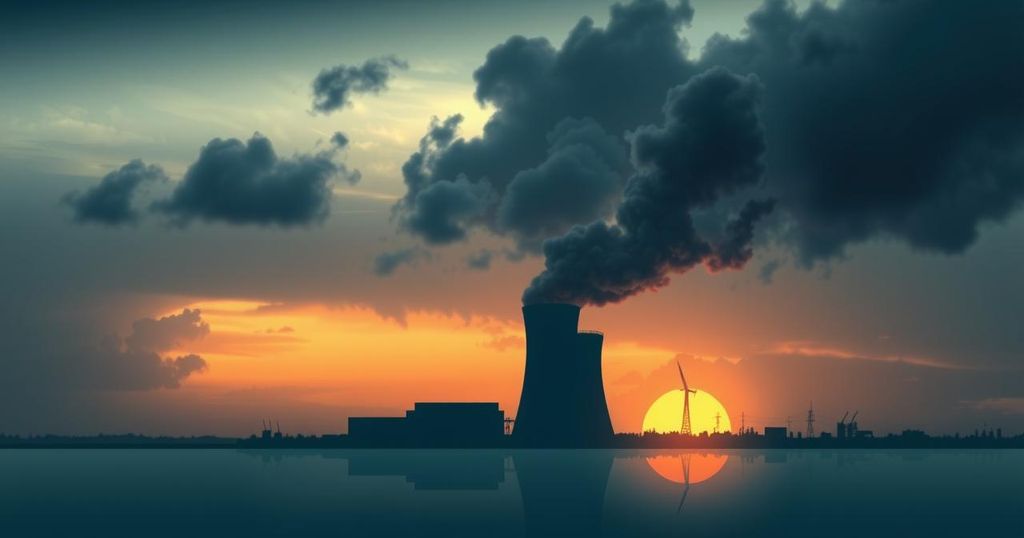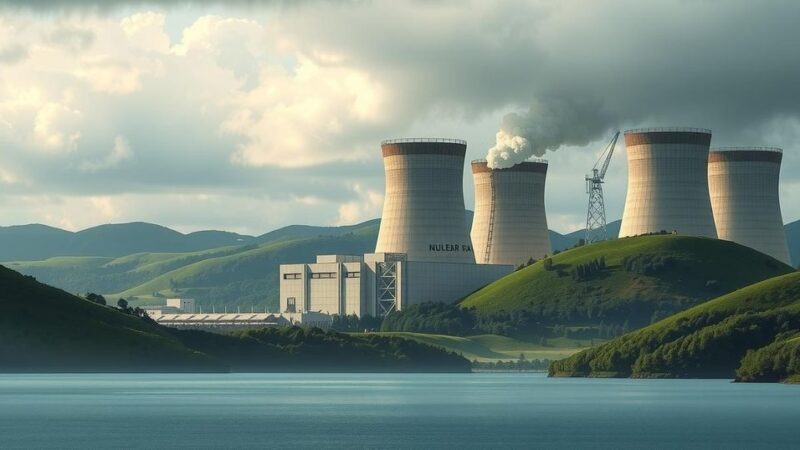Intelligence reports indicate that Israel is considering military strikes against Iran’s nuclear facilities in 2023, capitalizing on perceived Iranian weaknesses. The situation remains delicate, influenced by U.S.-Israel negotiations and regional instability. Key figures express a mix of diplomatic and military strategies as potential solutions to the nuclear threat posed by Iran.
Recent intelligence during the concluding days of the Biden administration suggested that Israel is considering military action against Iran’s nuclear facilities in 2023. The analysis raised alarms regarding the escalating instability in the Middle East, notably after Israel’s successful strikes on Iranian military positions and the diminishing strength of Iran’s proxy groups like Hezbollah and Hamas.
Israeli strategies for a potential attack on Iranian nuclear sites will be influenced by ongoing negotiations with the United States and the state of ceasefires in Gaza and Lebanon. Experts emphasize that a successful strike would necessitate targeting multiple facilities and ensuring the attack is comprehensive enough to hinder Iran’s ability to quickly reconstruct its nuclear capabilities.
Yakov Amidror, a former Israeli national security adviser, suggested that Israel should prioritize securing a good agreement for the dismantling of Iran’s nuclear program. However, he acknowledged that if such an agreement remains elusive, military action against Iran’s nuclear endeavors may become essential.
The Wall Street Journal reported that Israel may seek support from the newly inaugurated Trump administration, believing that President Trump is more inclined to authorize a military strike compared to his predecessor, President Biden. This military backing would be vital due to the advanced fortifications of Iran’s nuclear infrastructure.
Prime Minister Benjamin Netanyahu’s government has indicated an increase in aggressive measures against Iran, especially following the weakening of Iran’s military power over the past year. Israeli Defense Minister Israel Katz highlighted that Iran’s vulnerabilities present an unprecedented opportunity for Israel to act against the perceived nuclear threat.
However, the potential for significant military operations remains fraught with risks, given Iran’s history of retaliatory threats towards Israeli attacks. The strategic implications of the Syrian conflict further complicate the landscape, as the Assad regime’s downfall has stripped Iran of a key ally in the region.
While Donald Trump has indicated a preference for negotiations with Iran, he has not dismissed the possibility of endorsing Israeli military action should diplomacy falter. Trump reiterated his commitment to a maximum pressure approach on Iran, which may facilitate U.S. involvement should Israel decide to proceed with an assault.
Conversely, Tehran has expressed a willingness to negotiate with the U.S., indicating openness to resolving nuclear-related issues if the United States engages in discussions effectively.
In summary, recent U.S. intelligence indicates that Israel is contemplating military action against Iran’s nuclear capabilities in 2023, significantly influenced by the shifting political landscape and Israel’s perception of Iranian vulnerabilities. While potential strikes carry substantial risks of retaliation, the changing dynamics in the Middle East present unique opportunities for Israeli military strategy. The international community, particularly the U.S., remains a critical factor in determining future actions regarding Iran’s nuclear ambitions.
Original Source: www.hindustantimes.com






